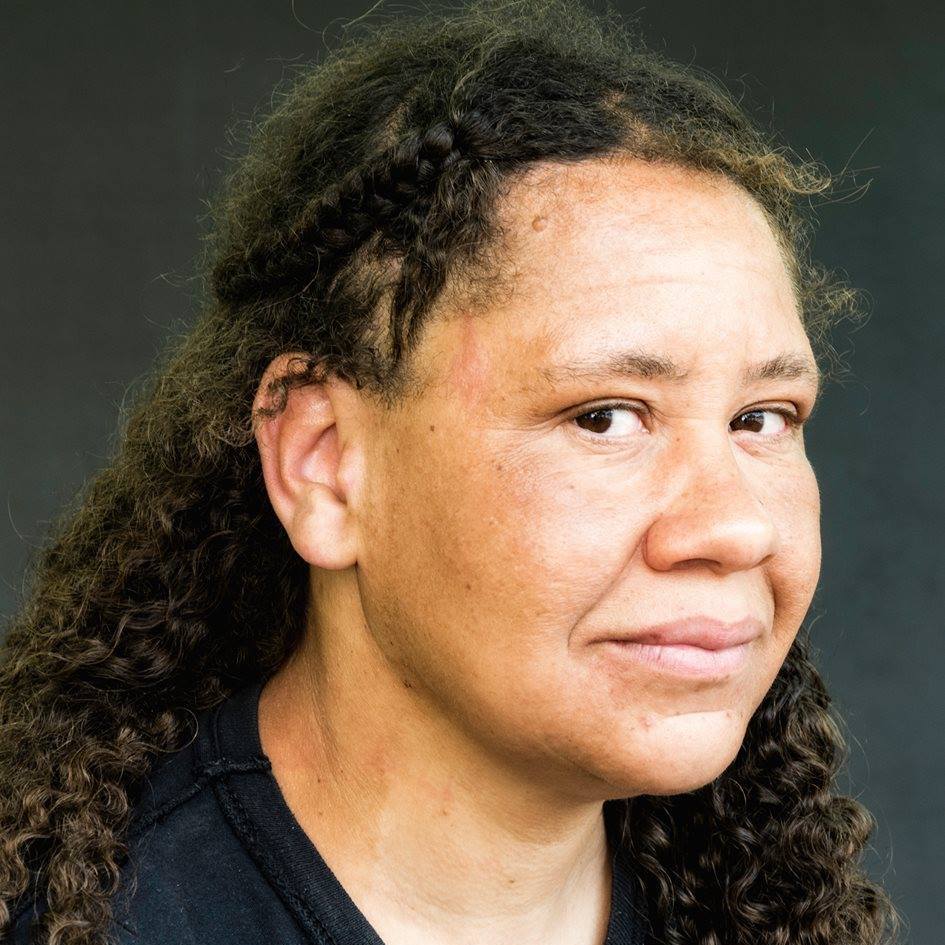Having met with a representative of the organiation at a community event earlier in the year, I asked about learning more about how to make theatre accessible to those who are visually impaired, and instead of learning from articles written elsewhere, I wanted to learn directly from local people who are visually impaired. - where, after all, we most often perform.
With thier permission I am also sharing the feedback from the members of the social club with others, so that we can all look at making theatre more accessible.
Obviously, some solutions can be implemented more easily than others; some are more venue-specific than suitable for touring theatre, and vice versa. I was interested in all responses, and asked them to include what would help in an ideal world, with the proviso that not everything will probably be feasable for everyone. The points raised below are therefore directly from people who are visually impaired as to thier experiences and reccomendations.
For background, this took place in the coastal fishing town of Brixham, the respondents were largely mature; retired and elderly with an age demographic of 50s - 90s in age. The town itself has a high proportion of retirees so this demographic does reflect a high demographic of theatre-goers in our town.
The first comment when I asked what makes or breaks a theatre show for those who are visually impaired, was one word. "Sound".
Broken down in further discussion, this covers several reccomendations.
Distance from audience: Being able to book preferred seats (eg, seats near the stage or performance area) is crucial. For those with limited sight, and for those who may also be hearing-impaired, they find it easier to follow what is happening from sound and limited sight by being closer to the stage. So being able to book specific seats, is an important consideration. Two people mentioned performances "in the round" tend to be easier for them to attend, and that "performed" radio plays, are a good way to focus on audio only.
Actors/ performers having clear diction and good vocal projection: A common comment from many is that where sight is impaired, sound becomes more important, and with less ability to see facial expressions, mouths moving etc, the actors need to have clear diction (and not cut off the ends of words, like dropped Gs on ******ing) and to project their voices clearly across the theatre/ performance space. The comment was made that in many TV series etc now, actors often are deemed to be mumbling and have unclear speech.
Audio descriptors: Some theatres have audio descriptor technology via headphones, where someone usually situated in the tech box, is describing the action on stage, and a visually impaired person can listen to the description - for example "Buttons has entered stage right, wearing a blue cloak", and follow the action on stage. This can be an expensive system, and tends to be in larger theatres.
Loud music: One respondent mentoned that loud music or sound effects can be disorientating.
_______
Of course, as we have now seen, visual impairment does not mean that people are blind, simply that there are a variety of conditions where they may find it harder to see clearly. So, for those who have partial sight, clear visuals are also important. The following reccomendations were made to make the action on stage easier to see.
Programmes: To make printed programmes available, it would be useful to have traditional black text on yellow paper, with a larger font, 14 - 16 being the minimum, and not to mix up colours, as some colours may not be easy to see.
Stage lighting: It was mentioned that the lighting from traditional stage lighting, eg PAR cans, can be harder to see, but the quality of light from LEDs is easier to see. Dingey/ dark lighting can make it harder to see what is happening on stage
Colours of costumes: When there are several characters on stage, it is useful where practicable, to have the characters in differently colour costumes so that they can be followed more easily from the audience.
_________
There were other reccomendations as well, which dont really entirely fit into either of the above categories.
Matinee performances: It was agreed that some people, both due to sight and feeling comfrtable in the dark, do not like to go out in the evening, and therefore would only attend matinee performances in the afternons. I have found this before being a common comment among older audiences, and people attending shows aimed at young children, and therefore covers a number of demographics. In rural area this can also be important to link to the times of local public transport.
Backstage tours: For those able to see less of the costumes, set and action on stage, it was agreed that it is really engaging to be able to visit the theatre and have a backstage tour before the show, where the visitors can meet some of the cast, and touch props and costumes, to see what they are like from feeling them.
Further note:
It is of course also important that the venues are physically accessible, with clear signage, trained front of house staff and ushers, and that dialogue of any specialist requirements is opened early when enquiriing about an event, to ascertain what may be available or not.
I hope this is helpful to some other theatre production teams too - I know that we will be learning from this, and looking at what can be implemented.
Thank you again to https://www.visualeyestorbay.org.uk/, for being so wonderful and welcoming today.
Laura

 RSS Feed
RSS Feed
